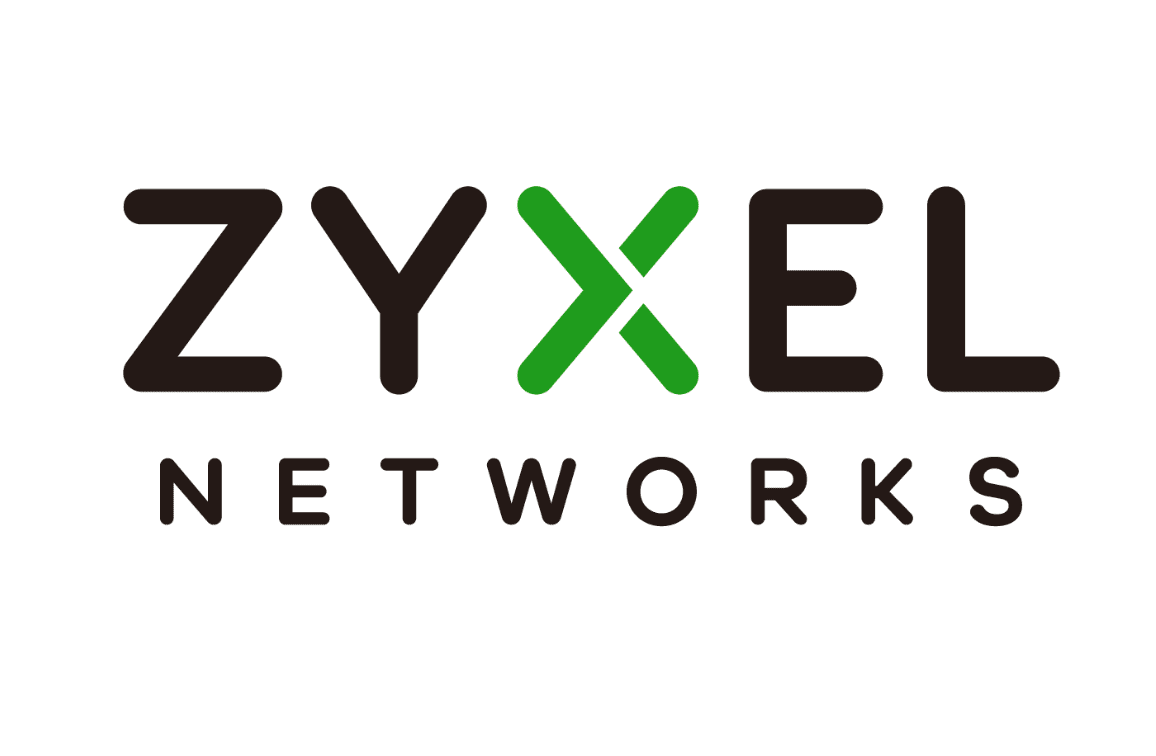
As digital fortresses grow more formidable, so too does the ingenuity of the assailants. The cyber-world recently witnessed the manifestation of this maxim, as Zyxel, a leading provider of secure broadband networking, Internet access, and connected home products, unveiled patches to combat two high-risk buffer overflow vulnerabilities that had encroached upon a series of their firewalls.

The vulnerabilities, assigned the labels CVE-2023-33009 and CVE-2023-33010, both carry an alarming Common Vulnerability Scoring System (CVSS) score of 9.8. This figure, precariously perched on the high end of the severity scale, is indicative of the potential mayhem these vulnerabilities could wreak if left unchecked.
In the vortex of this digital storm, CVE-2023-33009 reveals itself as a buffer overflow vulnerability lurking within the notification function of numerous Zyxel firmware versions. This security flaw, if exploited, could grant an unauthenticated assailant the power to induce a denial-of-service (DoS) condition or even execute remote code on the targeted device. The firmware versions susceptible to this vulnerability are found within Zyxel’s ATP, USG FLEX, VPN, and ZyWALL/USG series.
Its sinister twin, CVE-2023-33010, presents a parallel threat. This vulnerability resides in the ID processing function of the same list of Zyxel firmware versions. Like its counterpart, CVE-2023-33010 could offer an unauthenticated attacker a similar destructive palette of options: inducing DoS conditions or initiating remote code execution on the ensnared device.
| Affected series | Affected version | Patch availability |
|---|---|---|
| ATP | ZLD V4.32 to V5.36 Patch 1 | ZLD V5.36 Patch 2 |
| USG FLEX | ZLD V4.50 to V5.36 Patch 1 | ZLD V5.36 Patch 2 |
| USG FLEX50(W) / USG20(W)-VPN | ZLD V4.25 to V5.36 Patch 1 | ZLD V5.36 Patch 2 |
| VPN | ZLD V4.30 to V5.36 Patch 1 | ZLD V5.36 Patch 2 |
| ZyWALL/USG | ZLD V4.25 to V4.73 Patch 1 | ZLD V4.73 Patch 2 |
In a strategic response to these burgeoning threats, Zyxel has rolled out patches intended to reinforce the walls of their digital fortresses. These corrective updates are more than a necessary antidote; they signify Zyxel’s unwavering commitment to preserving the sanctity of their customers’ cyber worlds.
The imminent question for users now is not whether these vulnerabilities pose a genuine threat – the high CVSS scores leave no room for such doubt. Rather, the real question is how swiftly they can adopt these patches to safeguard their systems. For optimal protection, Zyxel users are thus advised to install these updates without delay, ensuring the security of their systems remains unyielding and steadfast.